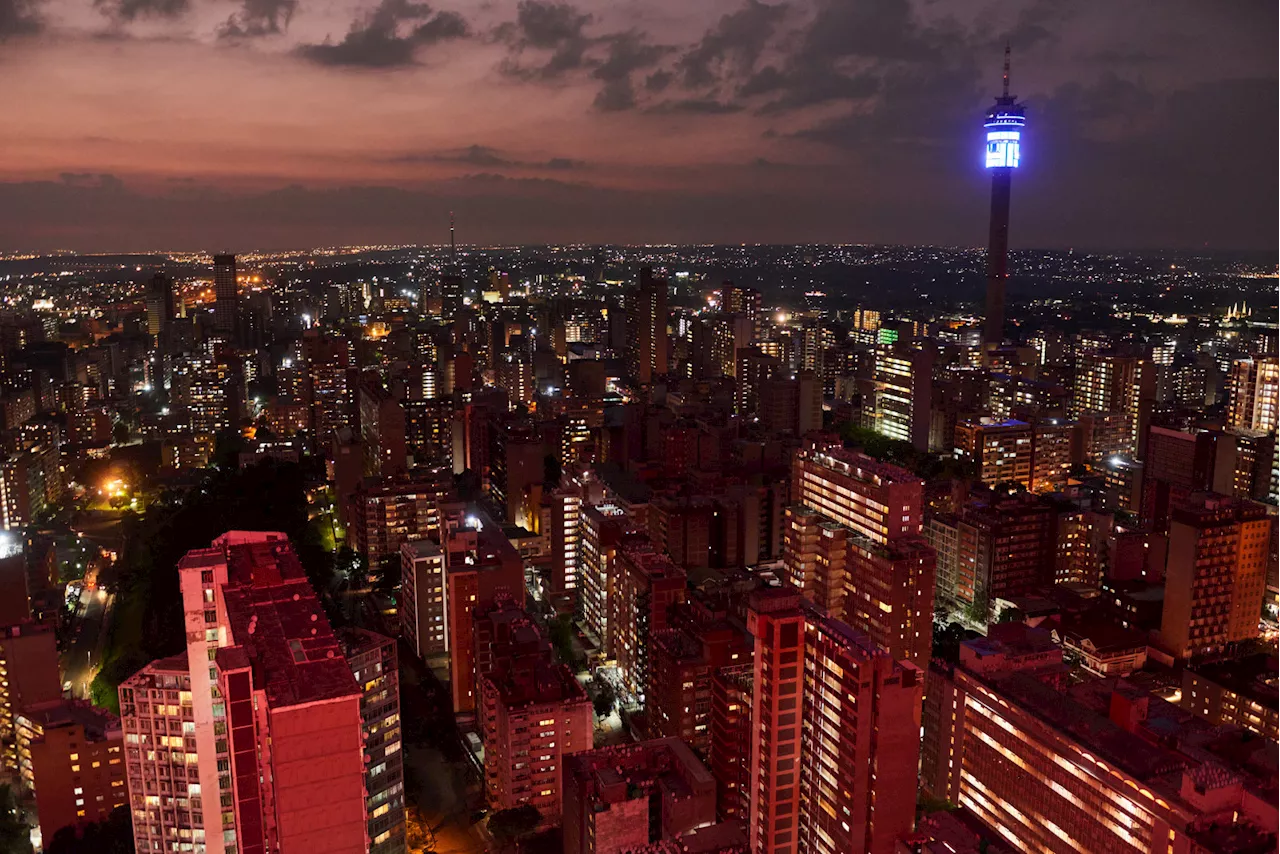The article highlights South Africa's concerning economic situation, marked by an unsustainable debt-to-GDP ratio, persistent load-shedding, and strained international relations, particularly with the United States. It argues that the country's long-term economic growth depends on stronger institutions and accountability, urging for electoral reform and a shift from aid dependency to investment attraction.
Lost your password? Please enter your username or email address. You will receive a link to create a new password via email.Lost your password? Please enter your username or email address. You will receive a link to create a new password via email.the country’s government debt to GDP ratio is unsustainable at 73.45%. In other words, our debt stock is worth nearly three-quarters of the total value of goods and services produced in the country in any given year.
But it is only ever likely to be as strong as the underlying set of informal norms onto which it is mapped. No doubt there will be material in there on how his government of national unity plans to deliver economic dividends for the shareholders of the country — the citizens. First, the country’s government debt to GDP ratio is unsustainable at 73.45%. In other words, our debt stock is worth nearly three-quarters of the total value of goods and services produced in the country in any given year. This ratio is up from 44.1% 10 years ago.
And now — although we’re not alone — Trump has decided to also cut aid to South Africa, pending a review into how the United States distributes its global development assistance.
SOUTH AFRICA ECONOMY DEBT ACCOUNTABILITY INSTITUTIONS GOVERNANCE LOAD-SHEDDING INTERNATIONAL RELATIONS UNITED STATES
South Africa Latest News, South Africa Headlines
Similar News:You can also read news stories similar to this one that we have collected from other news sources.
IMF proposes debt ceiling strategy for South Africa to tackle unsustainable debtProjections from the National Treasury reveal that South Africa's government debt, currently standing at R5. 2 trillion, is expected to exceed R6. 05 trln, constituting 75. 5% of gross domestic product (GDP) by the 2025/26 financial year.
Read more »
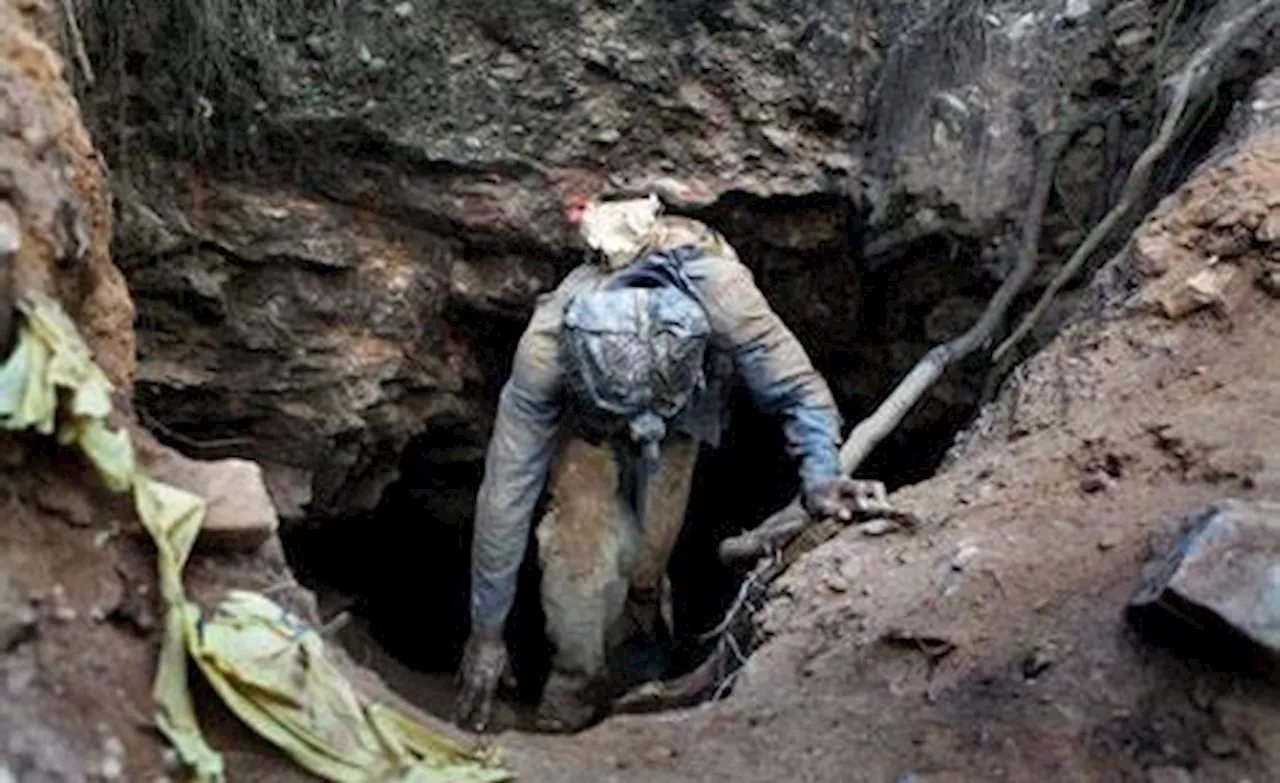 South Africa: Death of Miners in South Africa a Government FailureRights groups are criticizing South Africa's government for failing to prevent what they call a 'massacre' at the Buffelsfontein mine, after security officials cut off food, water, and other essential supplies to miners trapped underground and delayed a rescue operation.
South Africa: Death of Miners in South Africa a Government FailureRights groups are criticizing South Africa's government for failing to prevent what they call a 'massacre' at the Buffelsfontein mine, after security officials cut off food, water, and other essential supplies to miners trapped underground and delayed a rescue operation.
Read more »
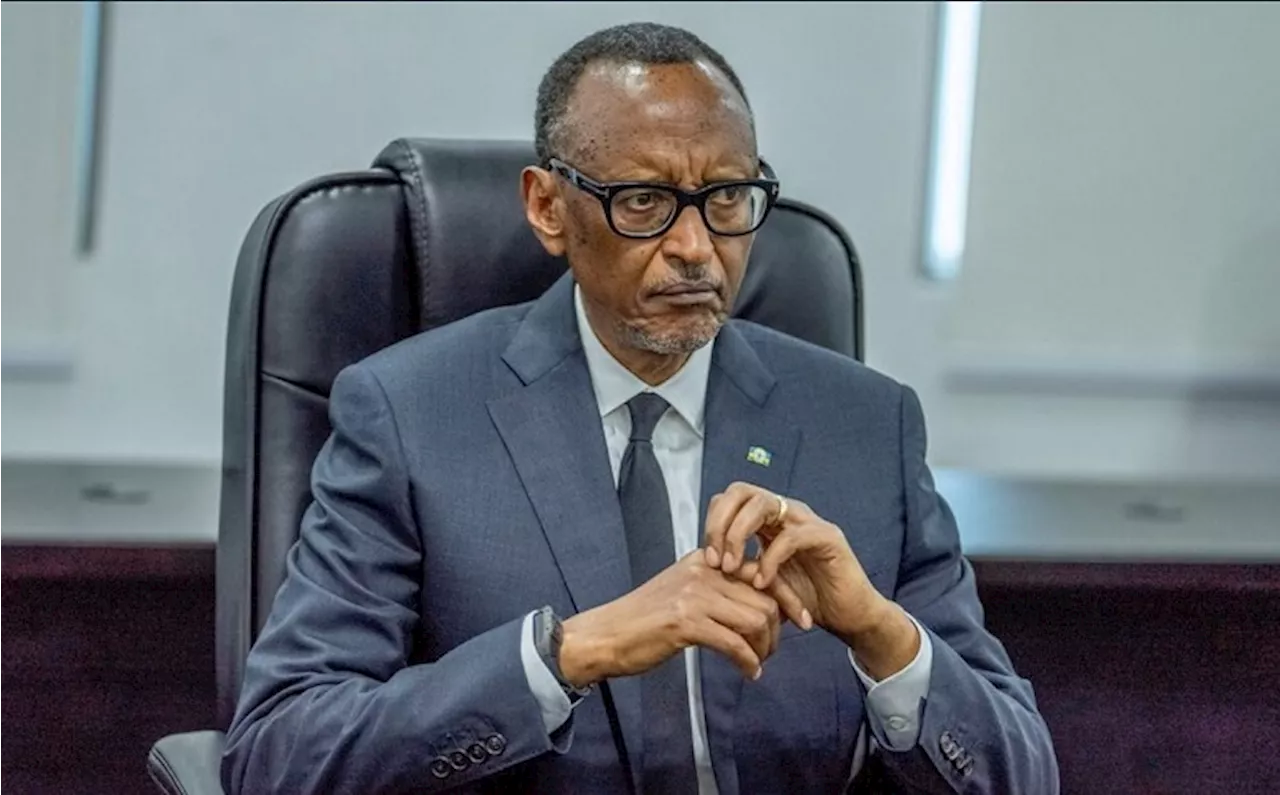 Rwanda's Kagame: Ready for Confrontation with South Africa if NecessaryRwandan President Paul Kagame has asserted that Rwanda is prepared for a confrontation with South Africa should the situation necessitate it. Kagame's statement follows the recent escalation of fighting in the Democratic Republic of Congo (DRC), where 13 South African soldiers were killed. Kagame claims South Africa's military activities in the DRC were not properly disclosed and that Ramaphosa requested logistical support while simultaneously acknowledging South Africa's peace efforts. He further criticizes South Africa's role as a peacemaker and mediator, warning of a forceful response if South Africa seeks confrontation.
Rwanda's Kagame: Ready for Confrontation with South Africa if NecessaryRwandan President Paul Kagame has asserted that Rwanda is prepared for a confrontation with South Africa should the situation necessitate it. Kagame's statement follows the recent escalation of fighting in the Democratic Republic of Congo (DRC), where 13 South African soldiers were killed. Kagame claims South Africa's military activities in the DRC were not properly disclosed and that Ramaphosa requested logistical support while simultaneously acknowledging South Africa's peace efforts. He further criticizes South Africa's role as a peacemaker and mediator, warning of a forceful response if South Africa seeks confrontation.
Read more »
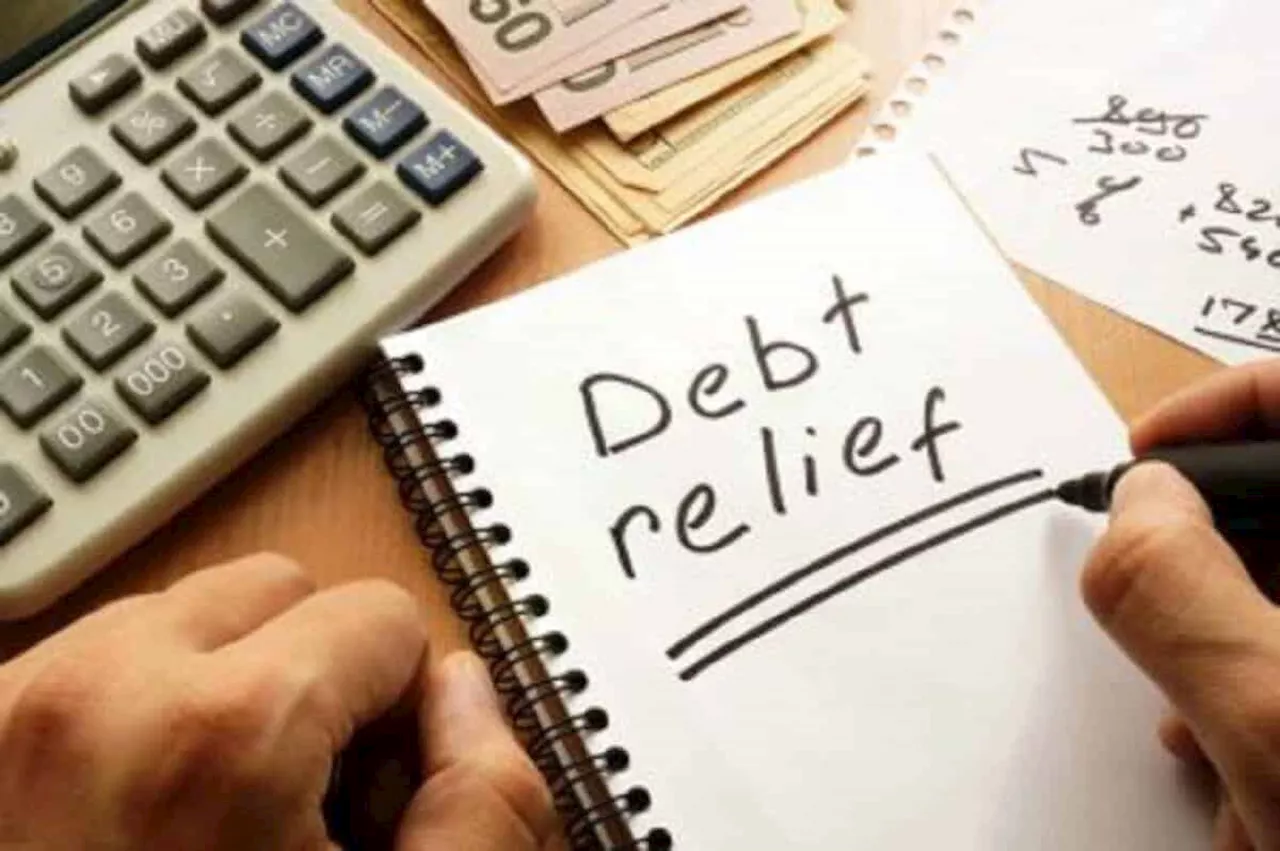 Debt Relief for Municipalities Could Improve Water Security in South AfricaThe South African government is exploring debt relief options for municipalities struggling to pay water bills. This could have a significant impact on improving water security by stabilizing cash-strapped water boards and addressing service delivery challenges. The proposal involves incentivizing municipalities to clear their debt through a good payment record, potentially leading to the complete write-off of historical debt.
Debt Relief for Municipalities Could Improve Water Security in South AfricaThe South African government is exploring debt relief options for municipalities struggling to pay water bills. This could have a significant impact on improving water security by stabilizing cash-strapped water boards and addressing service delivery challenges. The proposal involves incentivizing municipalities to clear their debt through a good payment record, potentially leading to the complete write-off of historical debt.
Read more »
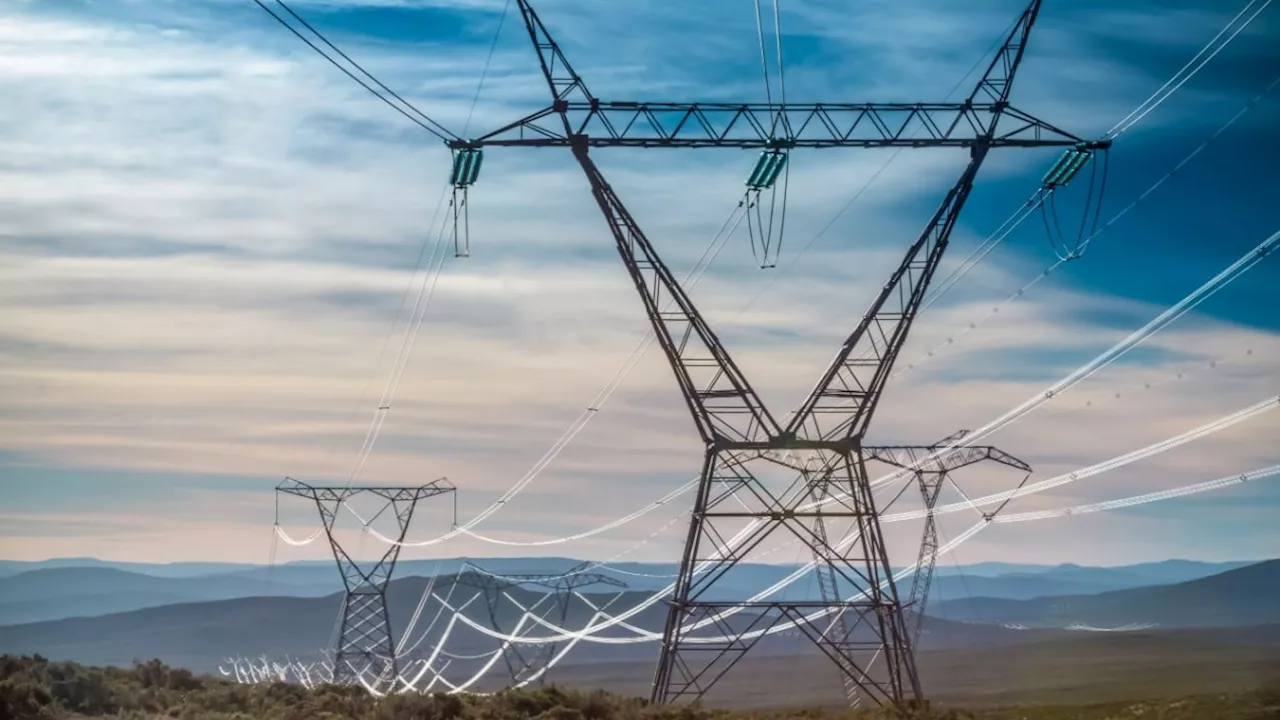 South Africa Proposes Decentralization of Water and Electricity Services to Combat Mounting DebtSouth Africa aims to decentralize its water and electricity services, granting municipalities greater autonomy and ring-fencing their budgets to address the growing debt owed to Eskom and water boards.
South Africa Proposes Decentralization of Water and Electricity Services to Combat Mounting DebtSouth Africa aims to decentralize its water and electricity services, granting municipalities greater autonomy and ring-fencing their budgets to address the growing debt owed to Eskom and water boards.
Read more »
 South Africa's Water Boards Face Worsening Debt Crisis and Infrastructure ChallengesThe national average for water losses stands at 44.7%, with some municipalities exceeding 60%. South Africa’s water boards are grappling with a mounting debt crisis driven by municipal financial instability and substantial departmental arrears. The water boards are also confronting challenges in infrastructure maintenance. Minister of Water and Sanitation Pemmy Majodina said water boards currently face outstanding municipal debt of approximately R130 billion, while municipalities themselves are owed R320 billion by various government departments and entities. The parliamentary committee revealed a decisive approach to addressing municipal debt through strategic financial interventions.
South Africa's Water Boards Face Worsening Debt Crisis and Infrastructure ChallengesThe national average for water losses stands at 44.7%, with some municipalities exceeding 60%. South Africa’s water boards are grappling with a mounting debt crisis driven by municipal financial instability and substantial departmental arrears. The water boards are also confronting challenges in infrastructure maintenance. Minister of Water and Sanitation Pemmy Majodina said water boards currently face outstanding municipal debt of approximately R130 billion, while municipalities themselves are owed R320 billion by various government departments and entities. The parliamentary committee revealed a decisive approach to addressing municipal debt through strategic financial interventions.
Read more »
